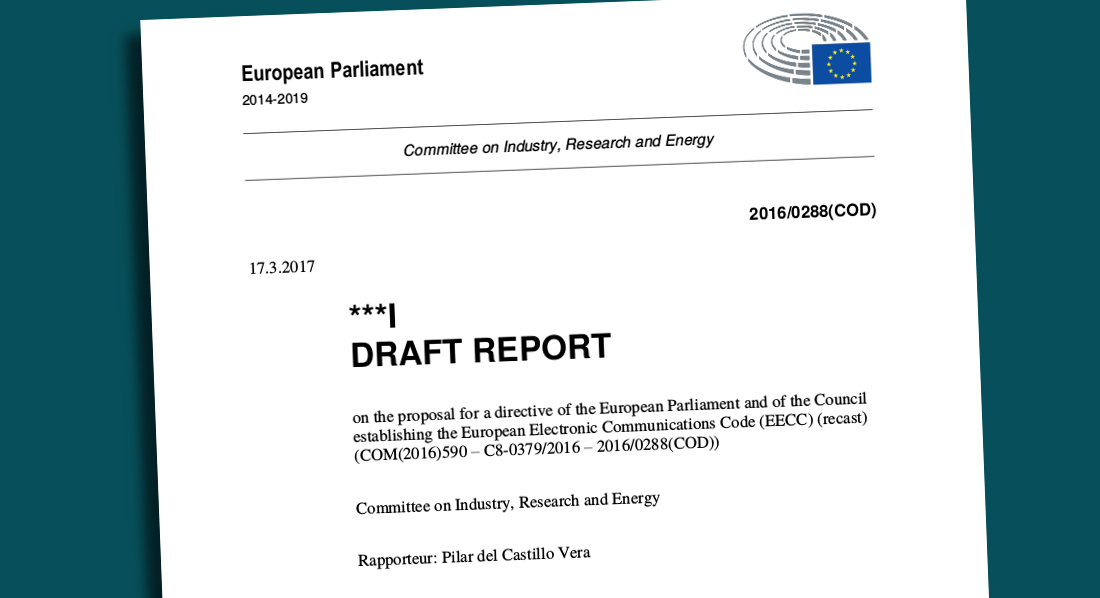Draft report on "Electronic Telecommunications Code" calls for immediate action

On March 16th, more than 30 European Community Networks, joined by over 35 supporting organizations from around the world, sent an open letter to EU policy-makers. The letter, which was translated in many European languages, aims at including CNs’ needs in the upcoming reform of the telecommunications policy of the European Union through an “Electronic Communications Code”, which is currently discussed in the European Parliament.
The Code will repeal the existing directives on telecommunications and mainly aims at increasing connectivity in the EU territory. While an harmonization and an update of the current policy seem more than appropriate, the upcoming Code could greatly hamper CNs development. Among other issues, the Code initially proposed by the European Commission would prevent small actors to participate in the investment of the network infrastructure, would extend to a minimum of 25 years the duration of the rights to use radio spectrum and would provide for unbalanced Universal Service obligations, making persons geographically isolated or in difficult situations into second-class citizens.
On March 17th, the Industry committee of the European Parliament (ITRE) – responsible for assessing the proposed Code – has issued its draft report, which will contain the main amendments that will be discussed by the whole Parliament in few months. Until April 4th, members of the ITRE committee may propose further amendments to this report (La Quadrature du Net works hard to provide them with positive amendments).
Such additional amendments will be necessary given that, in its current state, the draft report is even worse than the initial proposal, aggravating the gap between small operators and incumbents, extending to 30 years the duration of radio spectrum rights and removing the initial provisions in favor of the open spectrum. Its sole merit is to remove the administrative fees for small operators.
The report and its amendments will be voted on 11th July. Until then, members of the ITRE committee should be encouraged to defend the amendments under preparation in favor of CNs. Once adopted by ITRE, the report will go before the whole European Parliament: then, all MEPs will have another opportunity to table positive amendments before the Code being ultimately voted, possibly before the end of the year.


